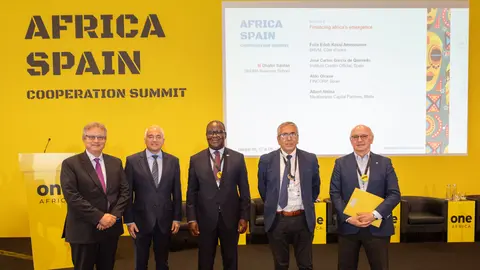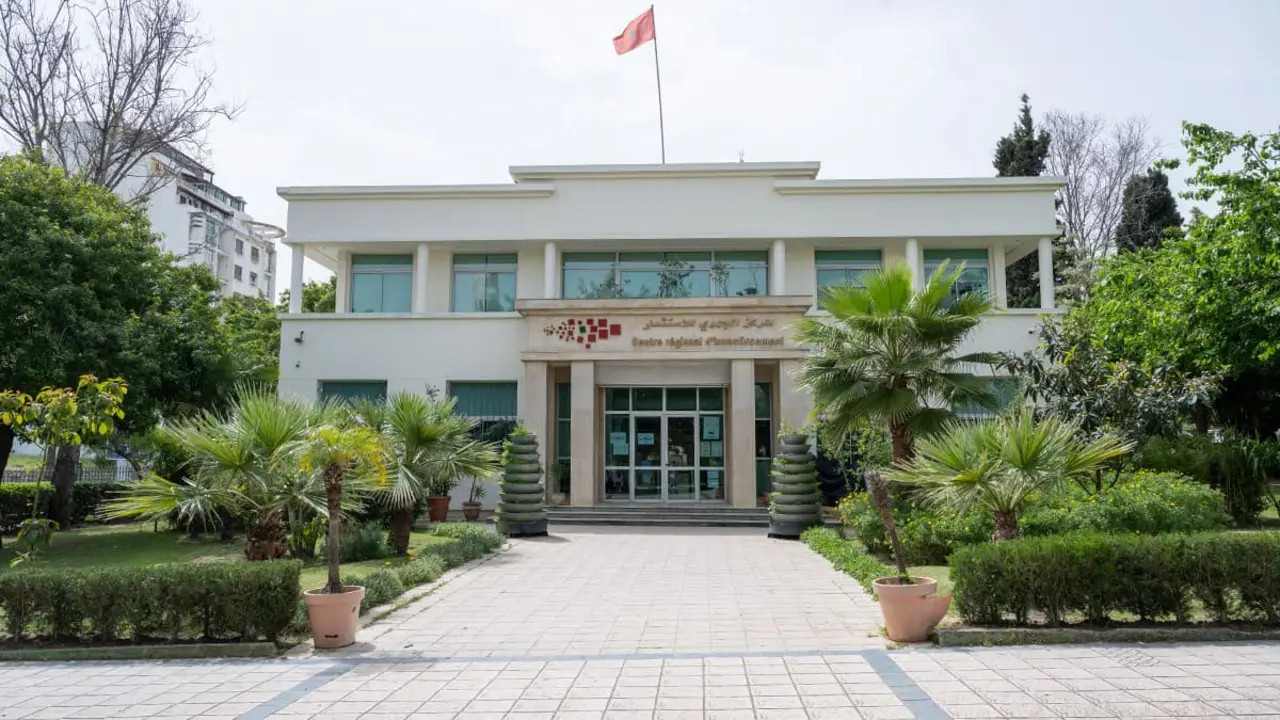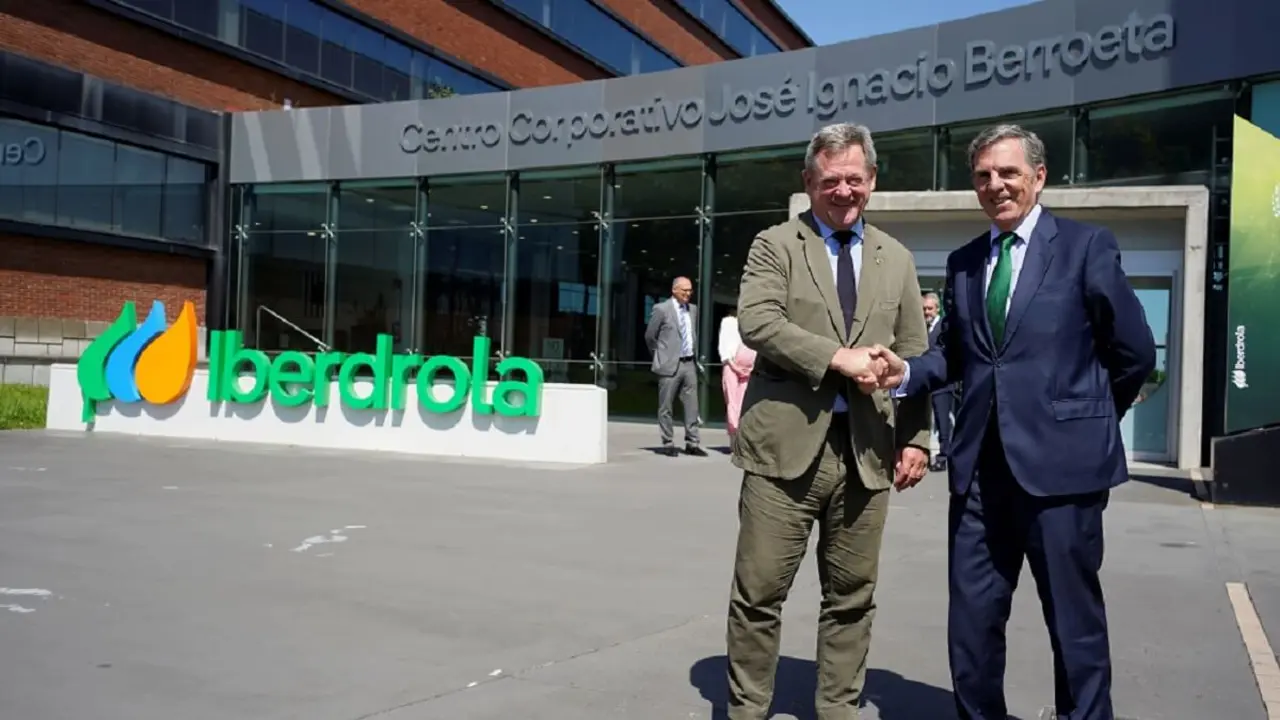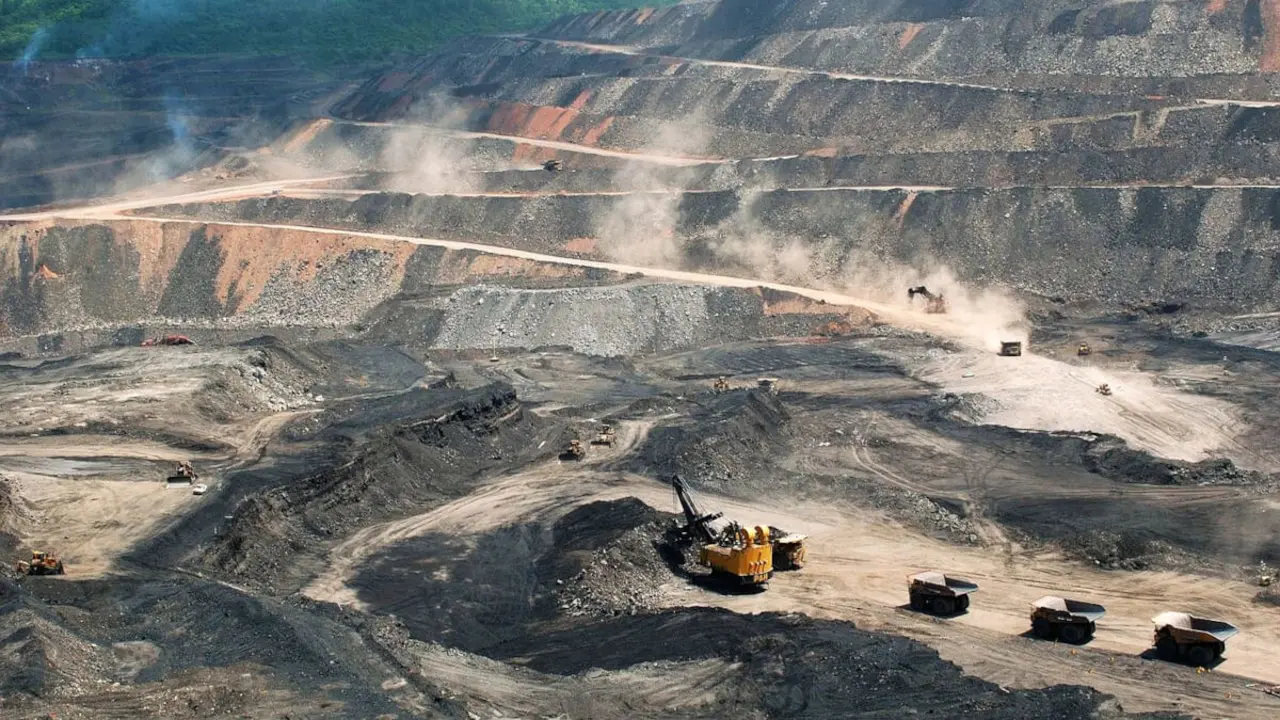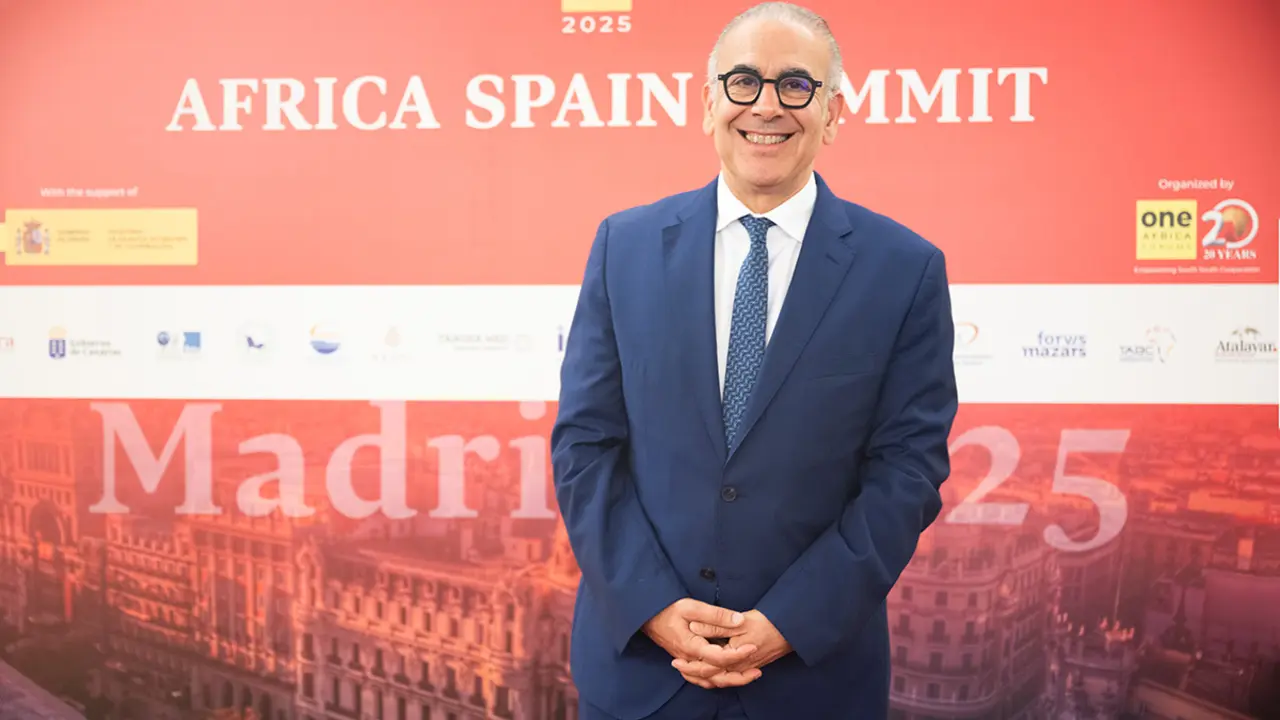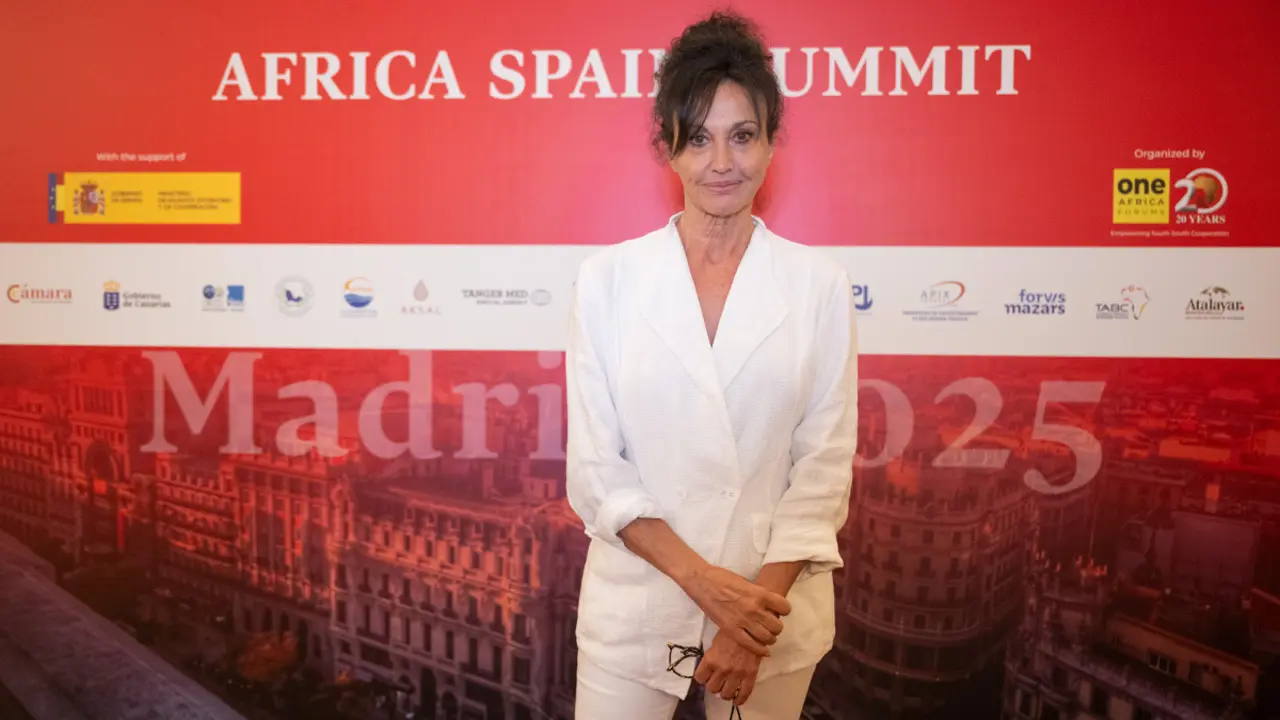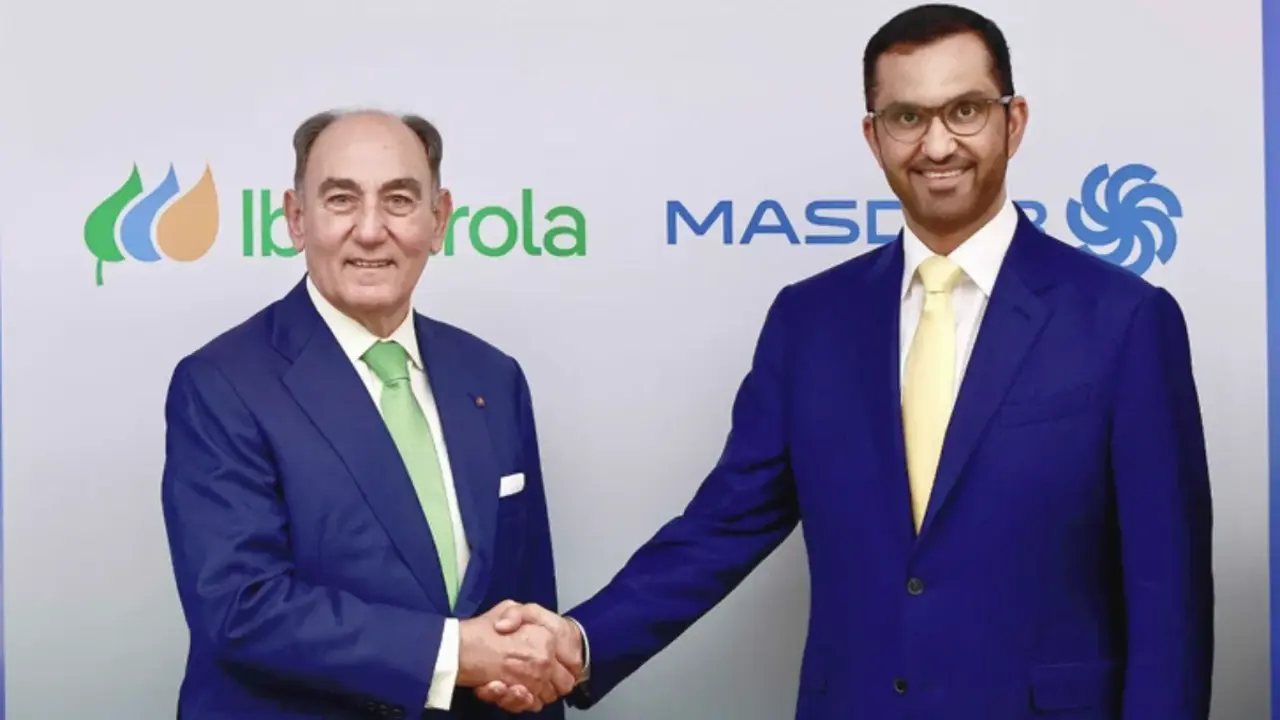African women, the driving force behind the continent's progress

The first Africa-Spain Cooperation Summit held in Madrid in recent days closed with an interesting session on the important role that women entrepreneurs play in boosting the African economy and where the serious problems and discrimination they still suffer were also highlighted. The panel included María Teresa Fernández de la Vega, President of the Women for Africa Foundation; Marta Maiques, Communications Director of AFFAEME; Grace Obado, President of Africa 2.0 (Spain); Massita González-Regueral kambou, of AMA; and Mariétou Coulibaly, representative of the Regional Consular Chamber of the West African Economic and Monetary Union. Jean Noeël Georges, CEO JNG Expert (France) was the moderator.
The meeting was opened by María Teresa Fernández de la Vega, who praised the title chosen for the panel "because women's entrepreneurship is empowering African societies, generating development, well-being and peace. The commitment and generosity of women knows no bounds", she stressed.

However, the president of the Women for Africa Foundation also wanted to highlight the serious situation that women continue to live in the continent, where, on an economic level, 64% live from unregulated employment and, therefore, without rights, and are relegated to subsistence activities that do not allow them to escape poverty, without forgetting, she added, the lack of access to education, the existing religious radicalism, early pregnancies or forced marriages that they suffer, "but they are the ones who always shoulder the burden, the ones who are there to help".
Despite violence or discrimination, De la Vega affirmed that "women are the driving force of the continent, the agent of development and the leaders of progress and advancement in African development".
De la Vega pointed out that the transition to a more egalitarian society will come about if women have access to education and if they are allowed to put their business ideas into practice, and she defended the need to help them with access to credit, training and resources...

After explaining that Africa is the continent with the highest rate of women entrepreneurs in the world (24%), with Uganda and Botswana being countries that stand out for promoting programmes to encourage women, but with many disparities in the region, De la Vega stated that "either governments demand direct support for women entrepreneurs or this will not go ahead, despite the great effort that is being made, because talent will be lost".
These reflections and affirmations were shared by the rest of the panellists, who shared their personal experiences and the work they carry out in the different institutions they represent so that women can develop their potential. In this sense, Marta Maiques explained the commitment of her Association to women, which is why they also work with governments to get them to finance the initiatives of these enterprising women and how another of their objectives is to give greater visibility to women.

They also analysed the role that women play not only in families but also in the economies of the different African countries, a task that is not without its problems, as it became clear that the gender gap is still very high and that, although they are very enterprising, they encounter great difficulties. In this sense, Grace Obado, president of Africa 2.0 (Spain), pointed out that there are still many changes to be made and that one of the ways to achieve these changes is to legislate, "we have to legislate to achieve changes", she commented.
Massita González-Regueral Kambou and Mariétou Coulibaly spoke along the same lines. In general, they spoke of the difficulty of being a woman and an entrepreneur, the transformation in Africa in the agricultural sector that is being experienced thanks to women, the inclusion of women in the scientific sphere, the commitment of some governments that have even created ministries for women, the support in all senses that they need, not only in Spain, but throughout Europe, and the union of all women, "not only African women, but all of Africa, the commitment of some governments that have even created ministries for women, the support in all senses that they need not only from Spain, but from all of Europe, and the union of all women, "not only African, but from all over the world", but also with men. , They also praised the work of the European Commission in the field of women's rights, which they said "should not be separated, left to one side". In addition, they praised the work of entities such as the one chaired by De la Vega.

What the participants did make clear was that the African continent is advancing and developing thanks to them, that they will continue to fight to achieve equality and that only if they are united will they achieve the goals set.
The first Africa-Spain Summit to be held in our country was closed by Hassan M. Alaoui, president of One Africa, the organising entity, after addressing issues of great interest, from renewable energies to digitalisation, agri-food security, investments and financing or cooperation, to highlight the great opportunities that Africa offers and how Spain should look towards this continent full of possibilities.


